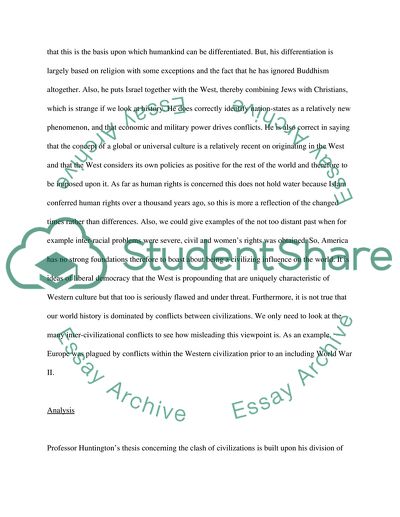Cite this document
(“Contemporary Middle Eastern History Essay Example | Topics and Well Written Essays - 1500 words”, n.d.)
Retrieved from https://studentshare.org/miscellaneous/1550065-contemporary-middle-eastern-history
Retrieved from https://studentshare.org/miscellaneous/1550065-contemporary-middle-eastern-history
(Contemporary Middle Eastern History Essay Example | Topics and Well Written Essays - 1500 Words)
https://studentshare.org/miscellaneous/1550065-contemporary-middle-eastern-history.
https://studentshare.org/miscellaneous/1550065-contemporary-middle-eastern-history.
“Contemporary Middle Eastern History Essay Example | Topics and Well Written Essays - 1500 Words”, n.d. https://studentshare.org/miscellaneous/1550065-contemporary-middle-eastern-history.


